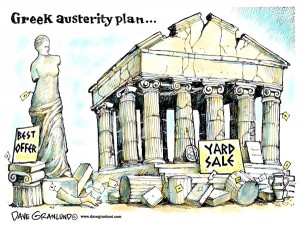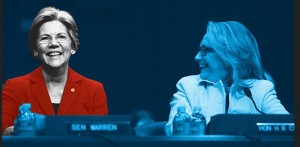Jed S. Rakoff writes: In Too Big to Jail, Brandon Garrett, a highly regarded law professor at the University of Virginia, presents for a lay readership a detailed and comprehensive examination of deferred corporate prosecutions, and corporate criminal prosecutions generally, and concludes that they have been, on the whole, ineffective. According to Garrett, “the big story of the twenty-first century” in corporate prosecutions is that “prosecutors now try to rehabilitate a company by helping it to put systems in place to detect and prevent crime among its employees and, more broadly, to foster a culture of ethics and integrity inside the company.”
But Garrett—on the basis of his own painstaking gathering of evidence (for neither the Department of Justice nor any other governmental entity keeps detailed and complete records of how such agreements are implemented over time)—finds that many, perhaps most such agreements, while often obscuring who was personally responsible for the company’s misconduct, fail to achieve meaningful structural or ethical reform within the company itself (a good example being the Pfizer cases described below). Nonetheless, Garrett does not urge the abandonment of deferred prosecution agreements, or of comparable non-prosecution agreements and corporate guilty plea agreements, but recommends instead that various steps be taken to improve their efficacy, including greater judicial oversight, greater use of court-appointed monitors, and greater attention to breaches of the agreements. Does Corporate Rehabilitation Work









